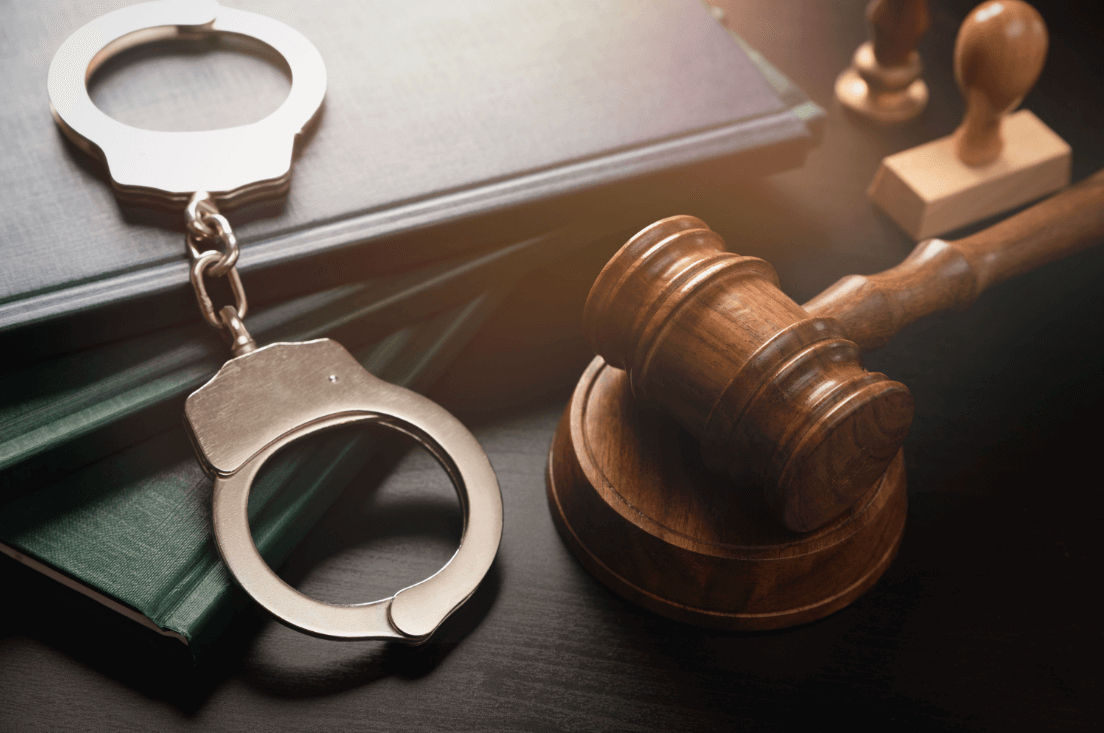Being accused or charged with domestic violence in New Jersey can be a scary experience. If you are falsely accused, you have more reasons to worry. Consequences include jail time and hefty fines, while the accusations could even impact your divorce proceedings. Expectedly, you are worried about the outcome, considering your job and image could be on the line. Regardless of whether you are innocent, consider contacting the Law Offices of Anthony Carbone, P.C., for a consultation. In this post, we discuss more about domestic violence in New Jersey.
What exactly is domestic violence?
Contrary to popular belief, domestic violence is not just about physical abuse alone. If you and the victim share an intimate relationship, such as marriage, dating, or living together, the other party can accuse you of domestic violence. Examples include assault, sexual assault, robbery, burglary, harassment, kidnapping, and stalking. In other words, physical contact is not required. For instance, if you were arguing with your spouse or parent of your child and used threatening words, it could be considered domestic violence. They can also accuse you if you have been trying to reach them in different ways for a while. Even sending texts and intimate photos to your spouse or partner could result in such charges. Also, controlling finances could be construed as a form of domestic violence.

Does domestic violence affect your divorce?
Yes, charges of domestic violence can drastically impact divorce proceedings, including matters like child custody. The family court can pass restraining orders if they find evidence against you. The criminal charges could eventually mean spending time in jail, along with additional fines and penalties. Even when the evidence is limited, the court may pass a temporary restraining order, which may mean leaving your house and having no contact with your partner or children. You may even have to pay more for alimony and child support. If you end up violating a restraining order, you may have additional charges to deal with.
Meeting an attorney
You have the right to an attorney when facing domestic violence charges. Make sure to meet an attorney sooner than later, as you will have more time to work on the case and figure out the right defense strategies. Your lawyer will review the charges, check available evidence, and secure more information to find the best way forward. While no attorney can guarantee an outcome, they can always ensure you get the best representation and will be your advocate in court.










